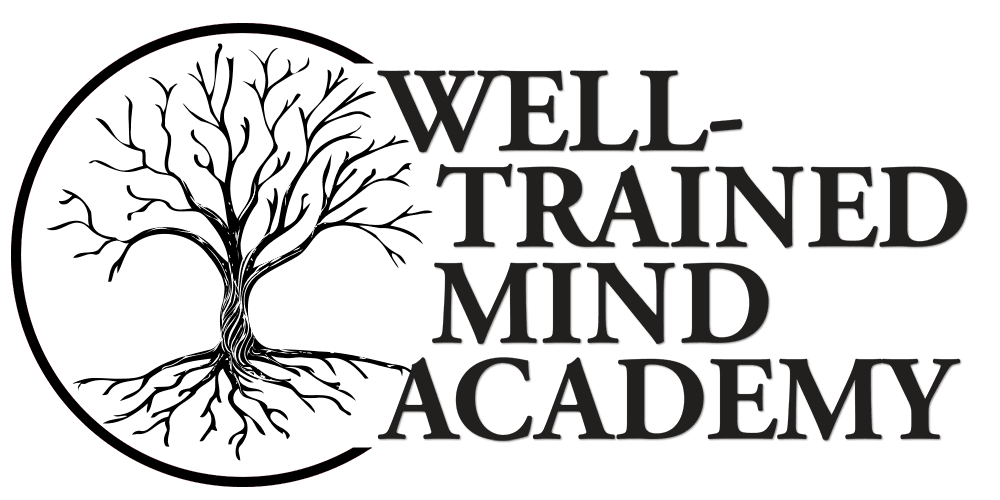Philosophy & History of Science: A Survey of Scientific Thought
Full-year course. Take a historical journey through the development of scientific thinking! The course begins by studying Ancient Greek thinkers and their work on medicine and science. Students will then dive into the study of major scientific theories such as continental drift, Darwinian evolution, the “Big Bang,” chaos theory, and quantum physics. Students will discuss thought-provoking ideas with their peers on the discussion boards, covering topics such as Schrödinger’s cat, relativity, “how” vs. “why,” observation vs. experimentation, why theories fail, induction vs. deduction, radioactive dating, plate tectonics, the scientific method, and the prevention of scientific investigation.
Over the course of the year, students will read primary sources from thinkers such as Hippocrates, Archimedes, Copernicus, Galileo, Newton, Mendel, Darwin, and Einstein. Students will search for the meteor that probably killed the dinosaurs, look at the history of humans’ relationship to the cosmos–time, space, aliens, and more–, examine the struggles and contributions of less known scientists, and learn about scientific developments in Ancient Egypt, China, and the Middle East.
*Alternates with History of Western Art I. Will be offered during the 2026-2027 school year.
Philosophy & History of Science: A Survey of Scientific Thought Information
- Example Syllabus
- Class meets once per week for 50-55 minutes.
- Class cap: 20 students.
- Designed for grades 9-12.
- High school students may be awarded 1 History, Humanities, or Non-Lab Science credit upon completion of this course.
- Taught by Amy Samuelson
